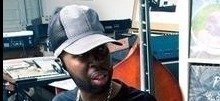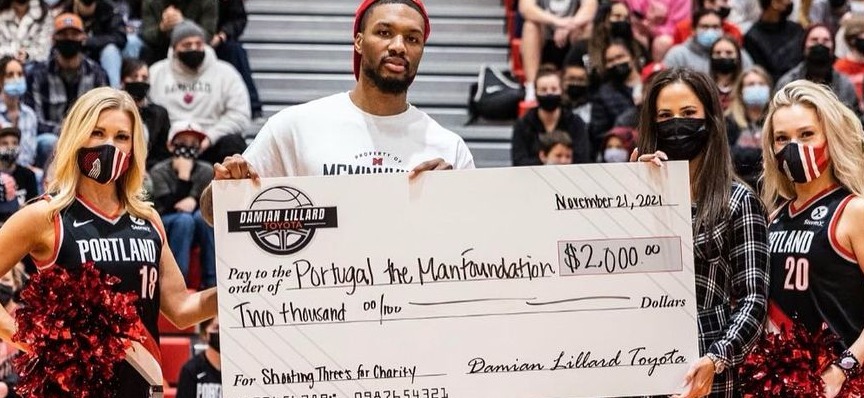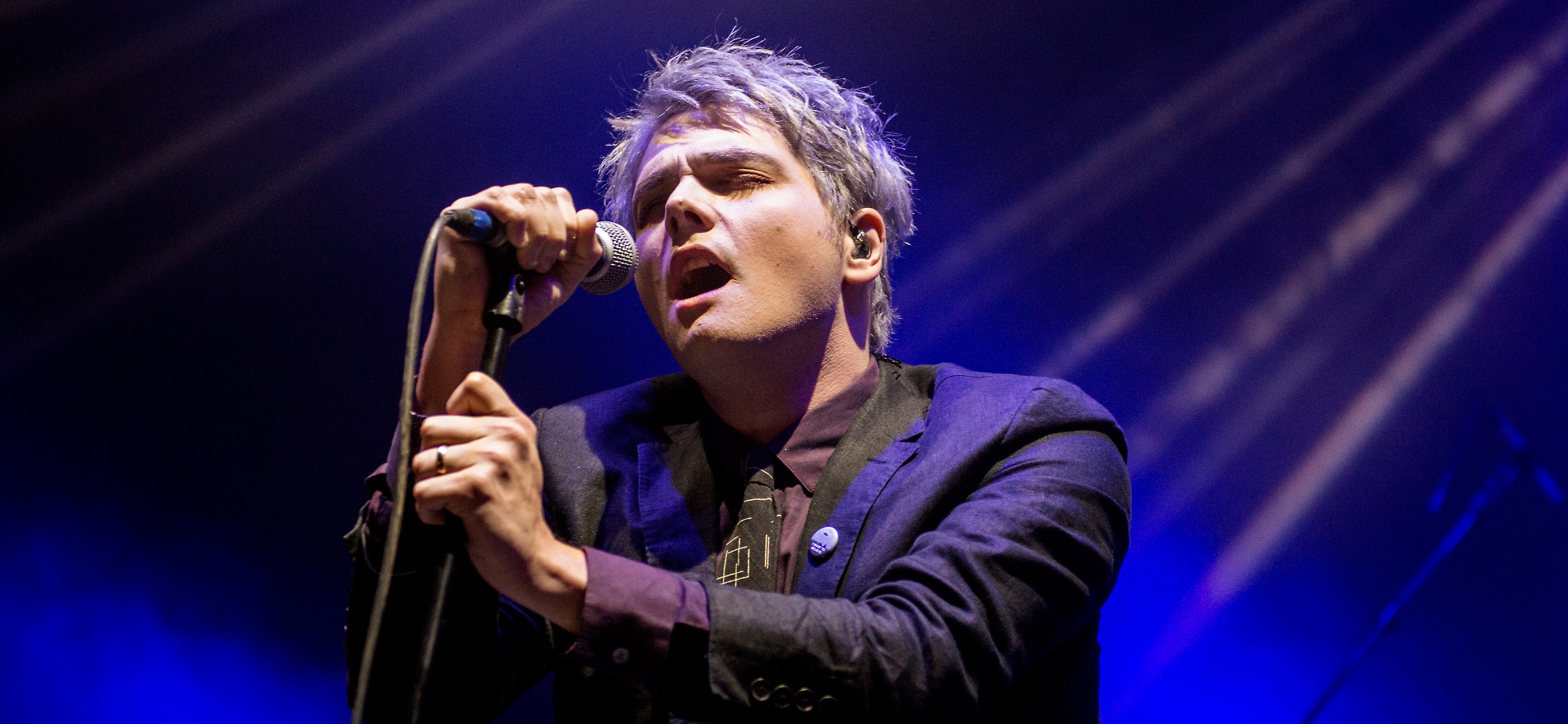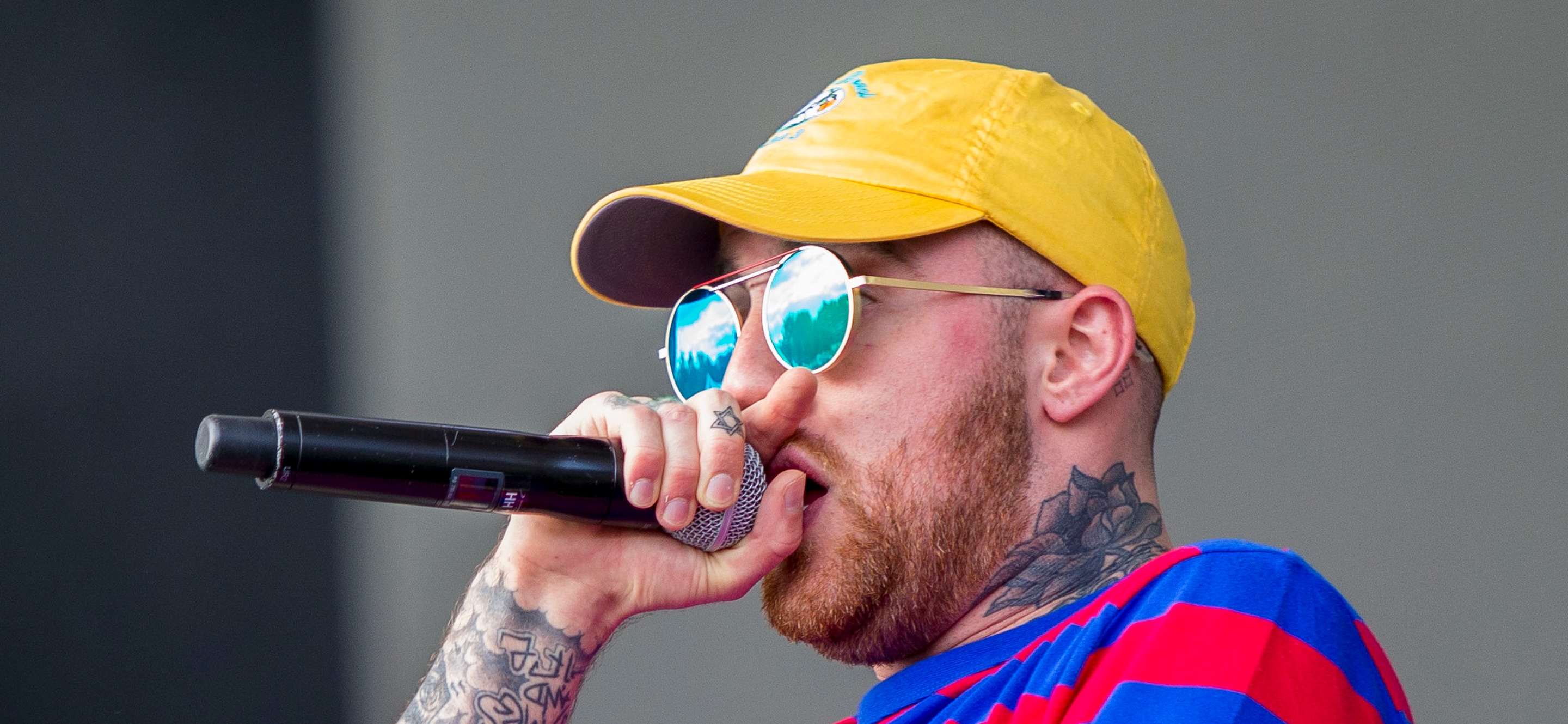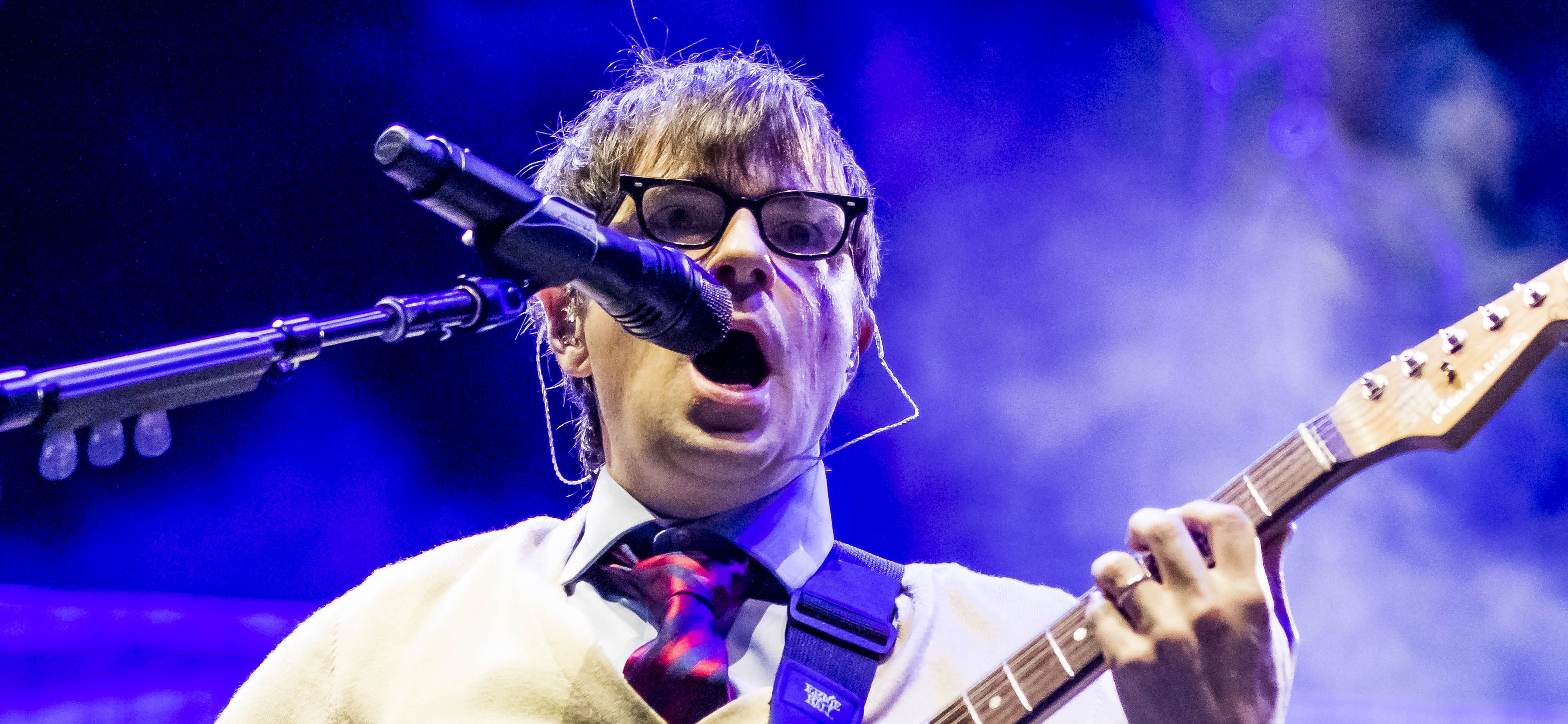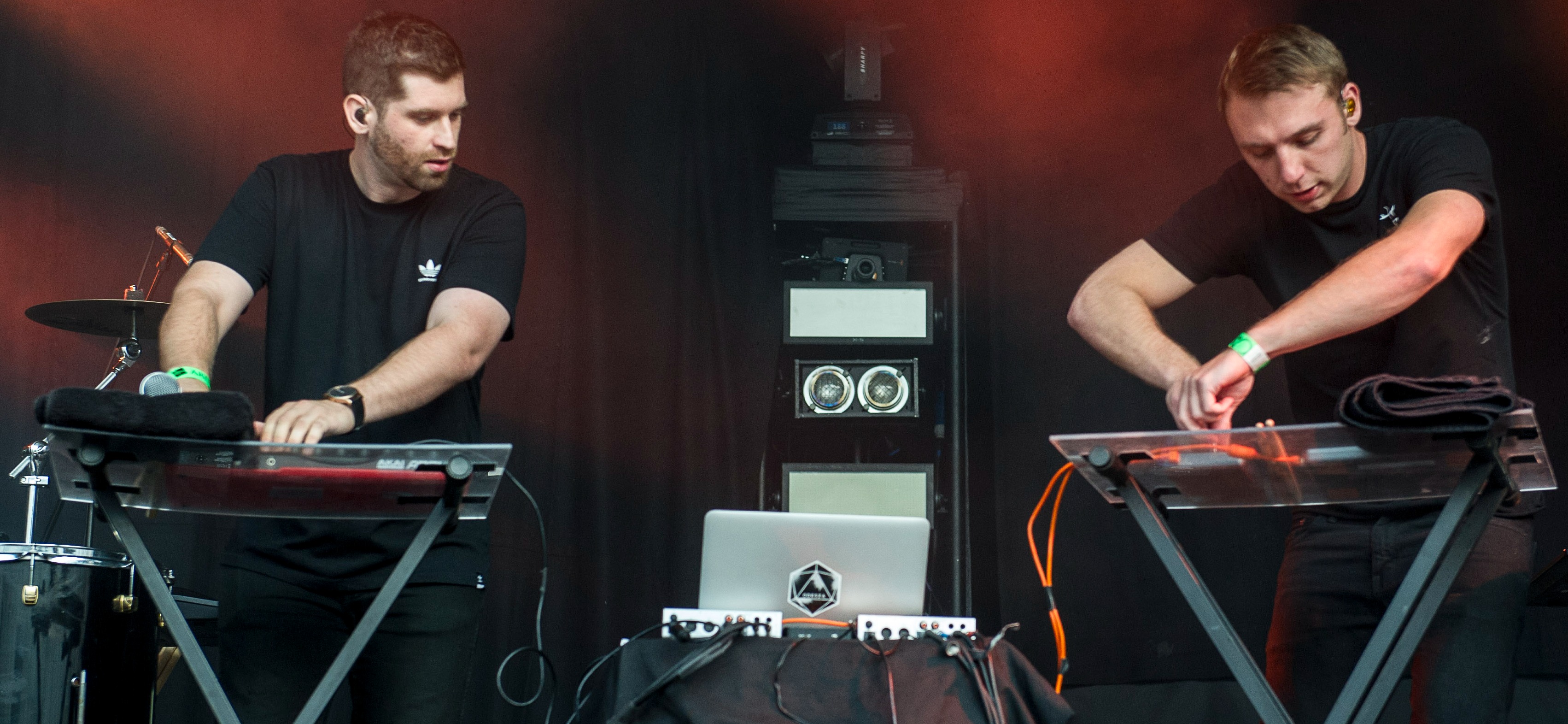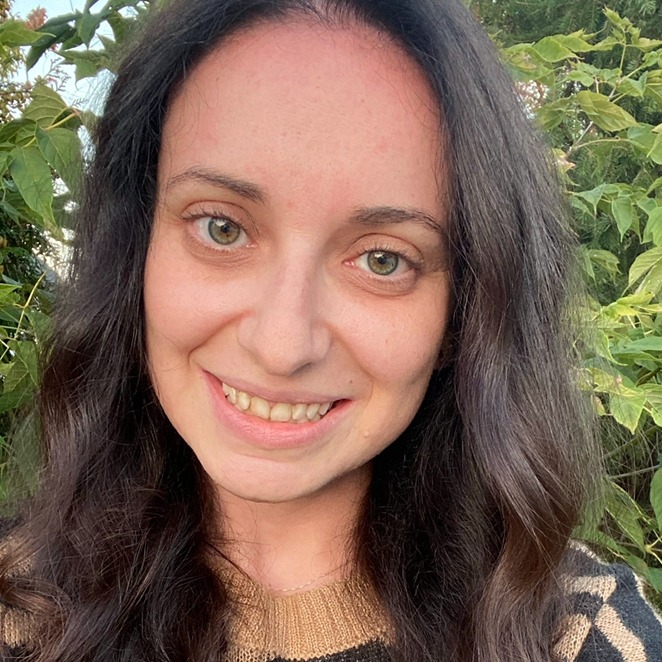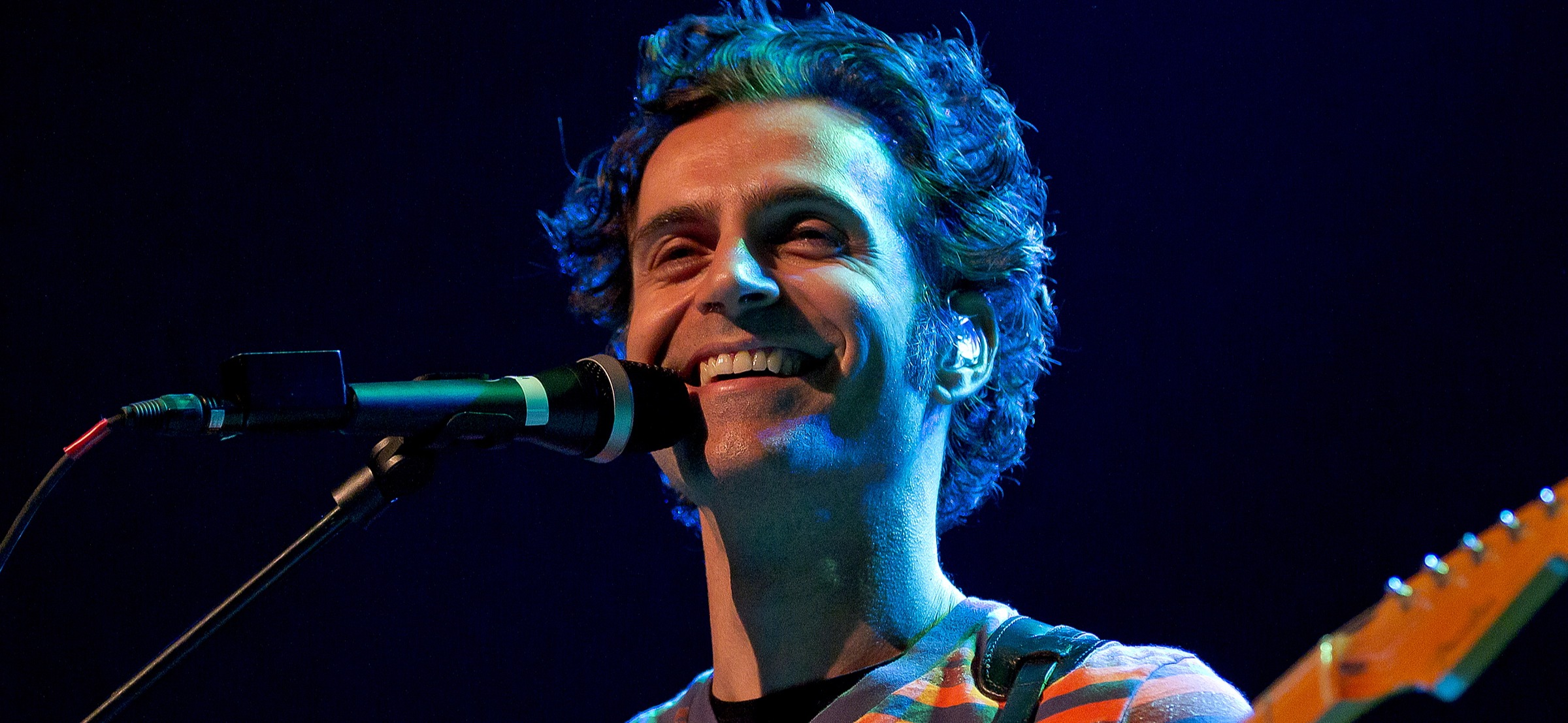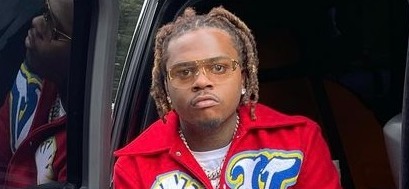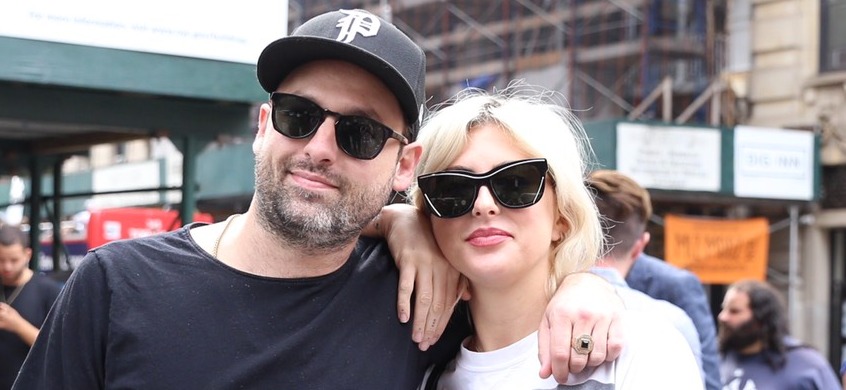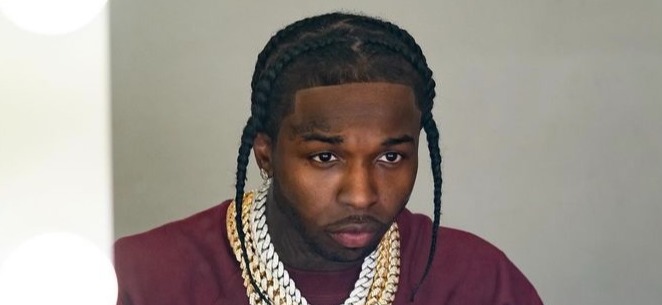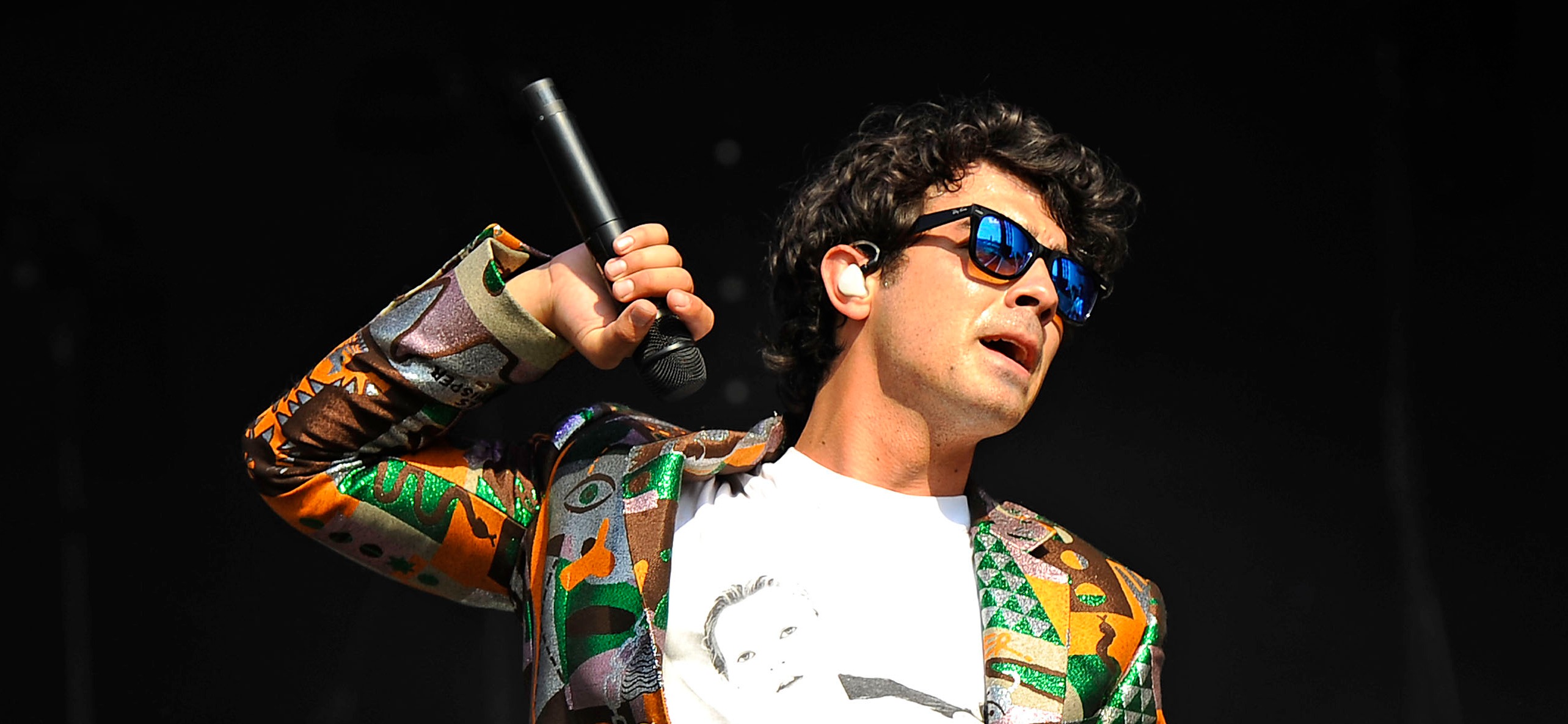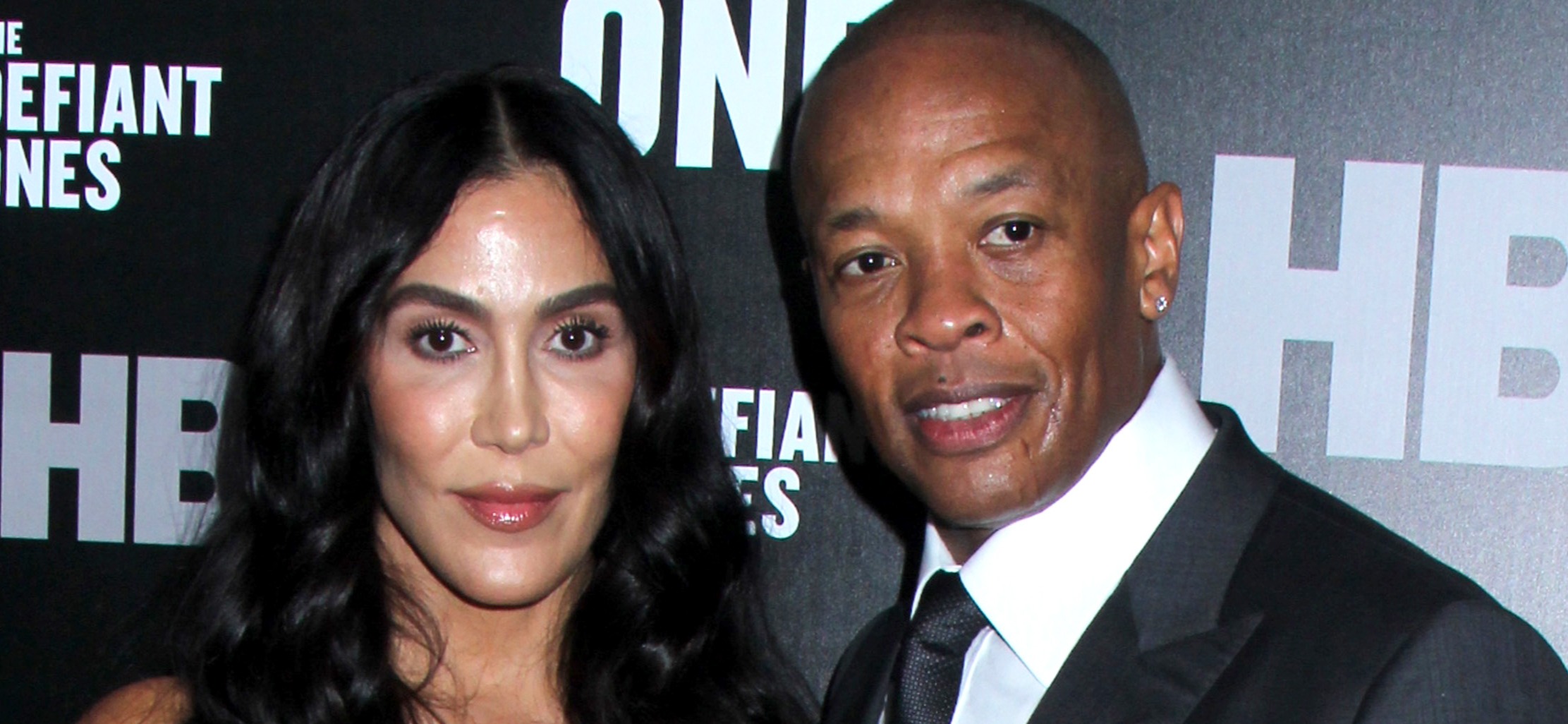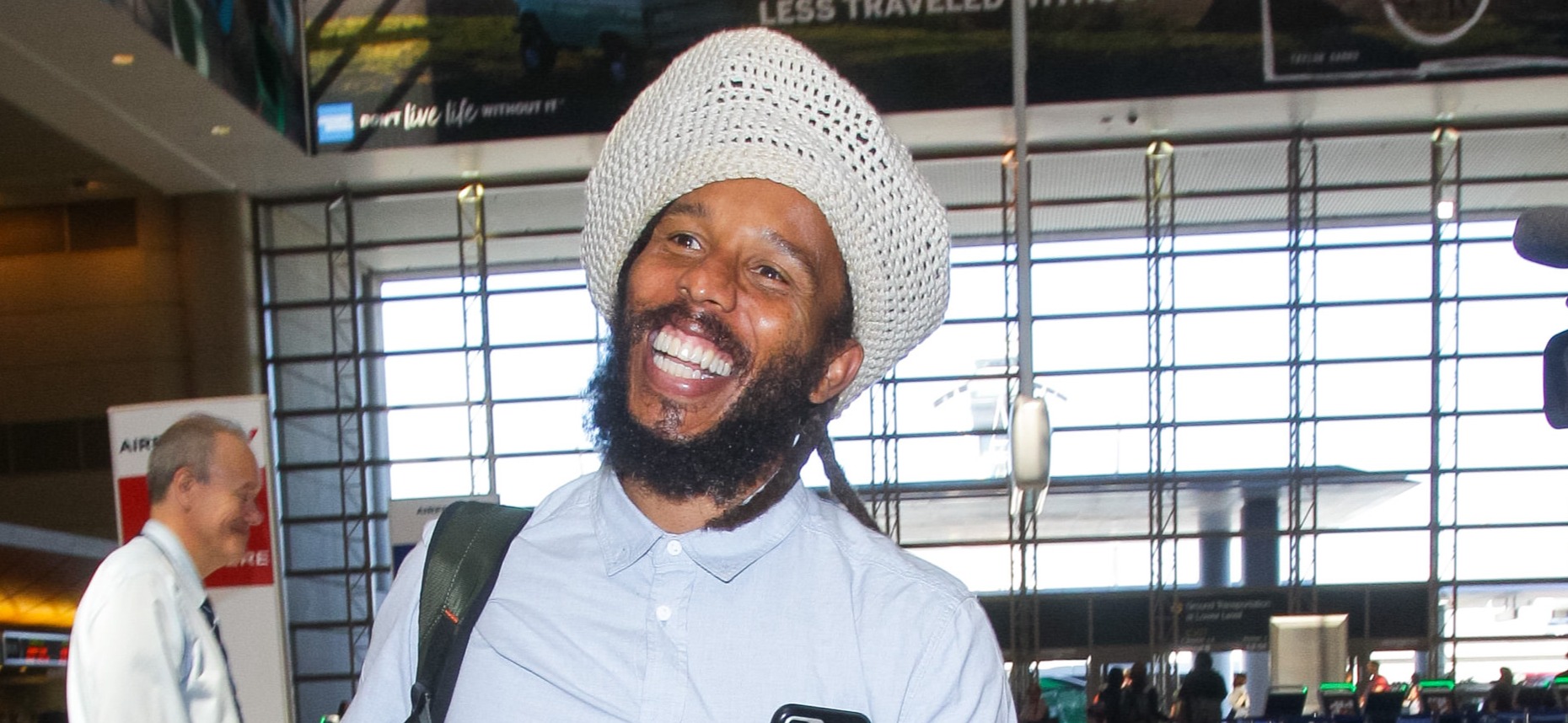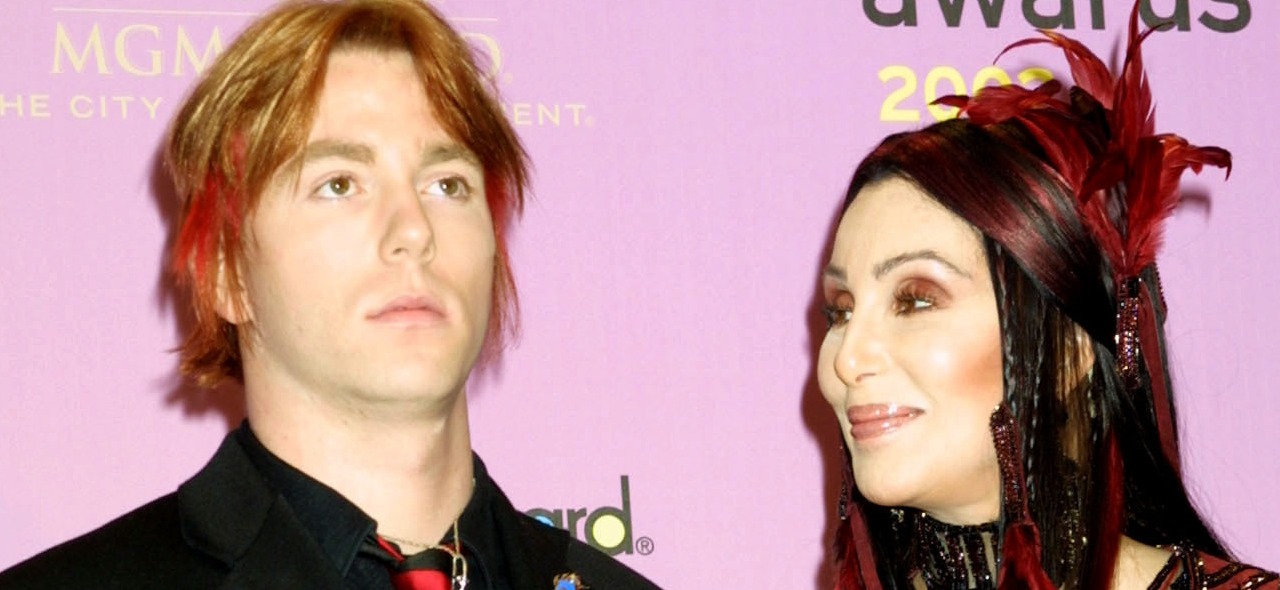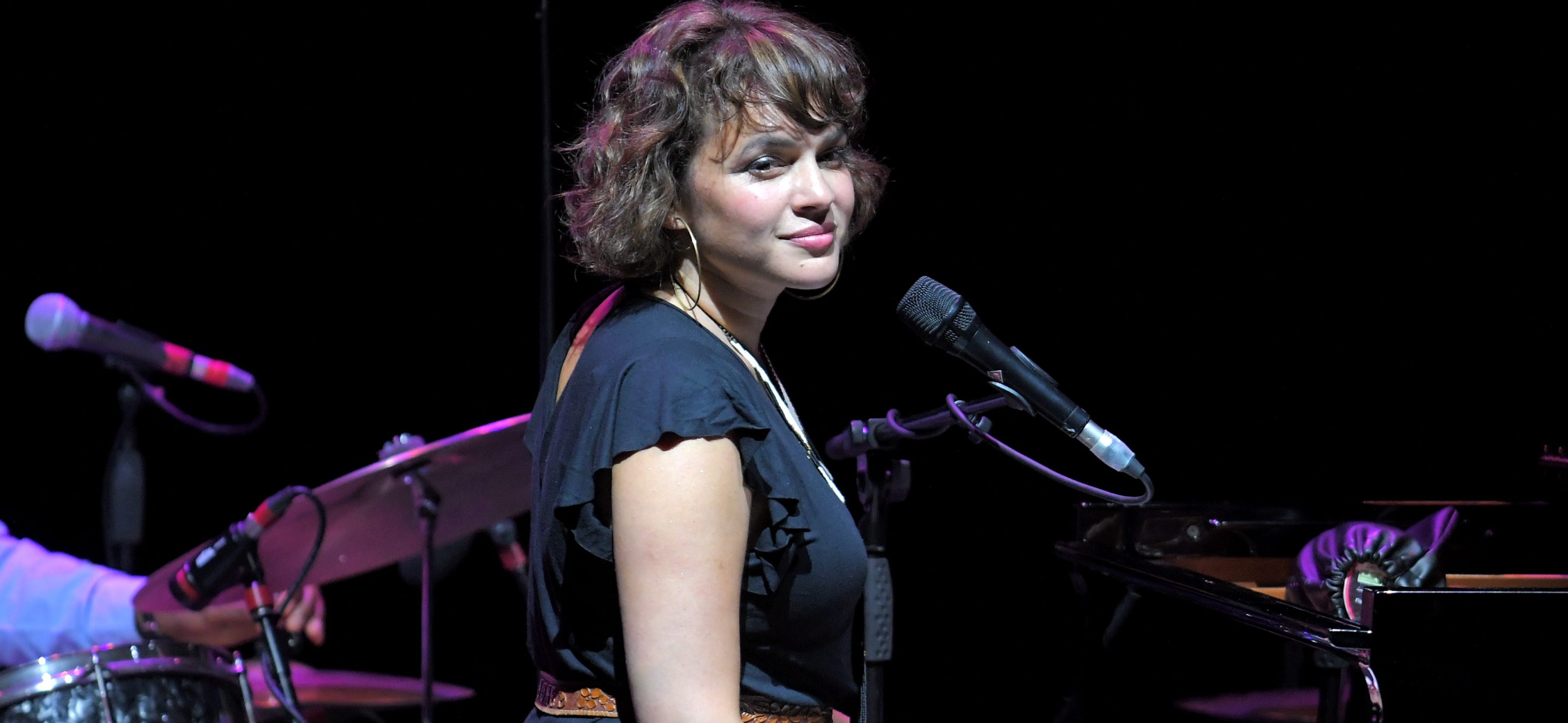On Feb. 7, J Dilla – the legendary hip hop producer and rapper who was born James Dewitt Yancey in 1973 – would have celebrated his 48th birthday, but his life was cut short due to complications from his lupus diagnosis. Right when the late artist had celebrated his 32nd birthday, he passed away three days later on Feb. 10 in 2006.
Though he was a quiet force who preferred being behind-the-scenes when he was alive, his music superseded that notion, and his music and legacy is more widespread now than ever before.
J Dilla’s Start In Music
According to "The Guardian," J Dilla began his musical journey at age 11, when he started creating beats in his hometown of Detroit, Michigan. His talent was quickly noticed, and he was able to quickly rise through the Detroit music scene to then churn out beats for mega hip hop stars Busta Rhymes, Kanye West, The Pharcyde and Q-Tip, among others. He didn’t just produce for others though. He produced and rapped for himself, too through his groups the Ummah, Slum Village and Soulquarians.
When Dilla was 23, A Tribe Called Quest was Grammy nominated for the beats he produced for them. With his quiet nature, he preferred to let his music do the talking, and had to be convinced to go to the ceremony.
Q-Tip, of A Tribe Called Quest, recalled in an interview how unique J Dilla was in his music. “He understood music,” Q-Tip said. A lot of the hip hop cats, we had a feel for the music…he had a feel, but he had an understanding. He applied that to his work and that’s the thing that resonates in everybody, is the musicality of it.”
J Dilla is still considered one of the most influential hip hop producers, and “The Guardian” even previously called J Dilla the “Mozart of hip hop.”
“He is a modern genius because he captured and represented the spirit of a particular time,” musician and composer Miguel Atwood-Ferguson told “The Guardian.” What he did was so deep that he has influenced a huge amount of modern music. In an age when many of his peers are still more interested in vanity, Dilla was more interested in exploration through music. And that is why he is a modern genius."
Madlib, who also collaborated with J Dilla, described him in an interview with Radio France “the funkiest, just by how he programs loose and not quantized,” he said. “It’s like human feel, and the selections that he chose to sample. Every producer bows down to Dilla whether they like it or not.”
Journalist Dan Charnas Releases “Dilla Time”
In J Dilla’s honor, journalist, professor and record executive Dan Charnas released a book called “Dilla Time” last week, to showcase the music miracles that Dilla brought to the scene. According to “The New York Times,” Charnas interviewed subjects 200 times over four years to gather info for his book.
Being that under-the-radar force, J Dilla barely spoke to journalists – Charnas could only find 16 instances in which Dilla spoke with the media. In that case, Charnas spoke with the musicians who had worked with, and envied J Dilla’s work, including Common. J Dilla and Common collaborated on many songs together including “E=mc2,” “So Far To Go,” and “Love Is…” Common recalled the overjoyed reactions from Pharrell and Kanye West when they got to work with him.
The James Dewitt Yancey Foundation
Beyond his omnipresent mainstay in the music industry, J Dilla’s legacy is also cemented through a foundation that was created in his honor.
The James Dewitt Yancey Foundation was created to promote youth enrichment in many facets – through music and urban program development in inner cities and in schools, to provide at-risk youth with opportunities they may not have otherwise. The foundation has since expanded to serve youth around the world, and now reaches Atlanta, GA, Miami, FL, Chicago, IL, and other U.S. cities, along with chapters in England and Australia.
Dilla’s mother, Maureen Yancey-Smith, is the chairman of the organization, which now also provides a technical music grant. The grant, which youth apply to, allows them to learn the hands-on art of beat production through tech tools, which they may not get in traditional music groups.
The foundation wants other youth to have the privilege of learning the skills that Dilla learned.
According to Pharrell, on the organization’s page, “J Dilla is without question, one of the illest beat makers…ever.”

